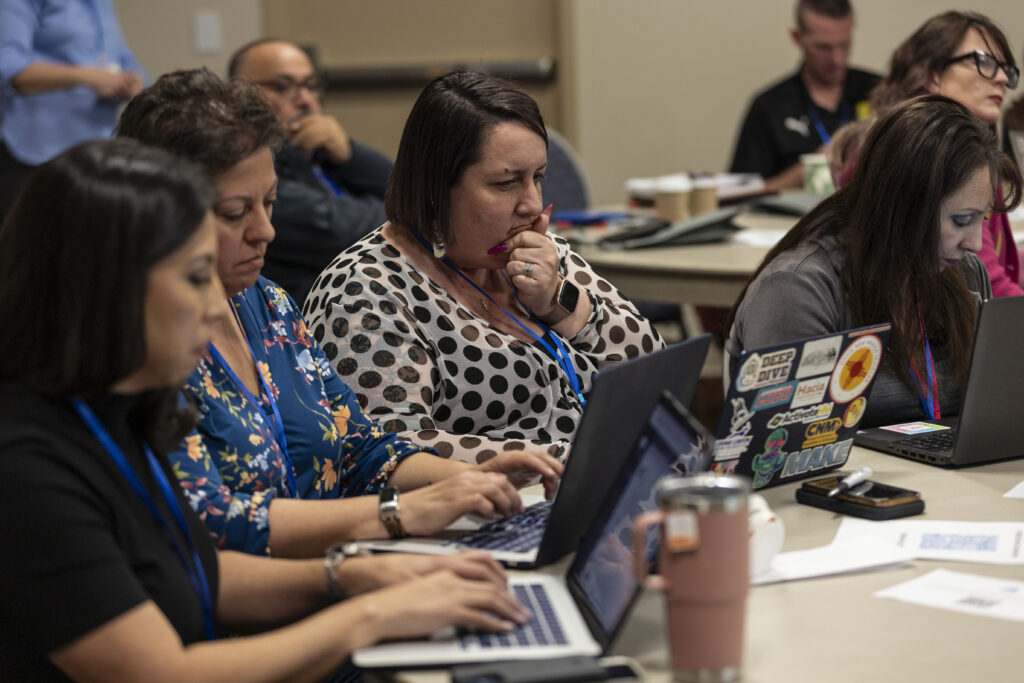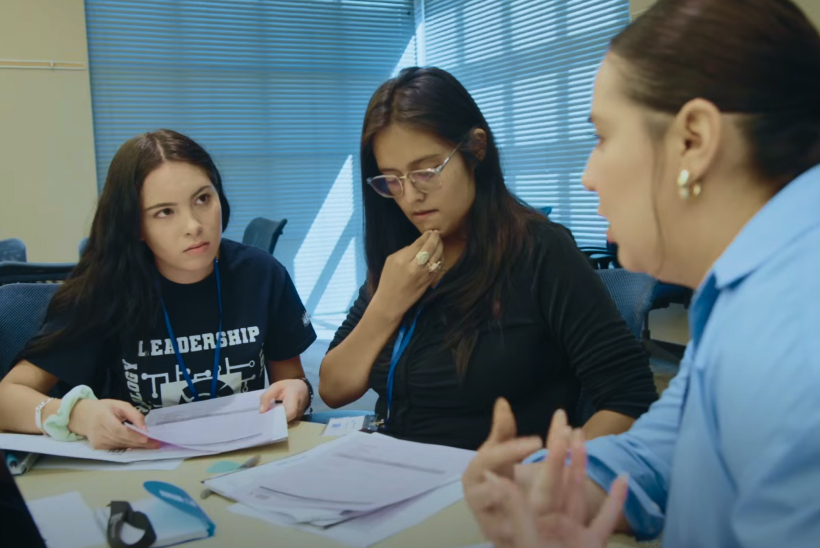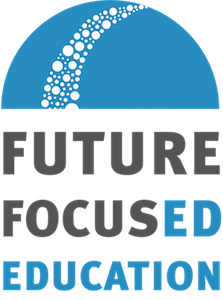AI and Capstone: Finding a New Way
By Tony Monfiletto and Henry Rael

The Yazzie/Martinez Imperative: Re-imagining Assessment
In 2018, Future Focused Education began working in earnest on meeting the challenge posed by Judge Singleton in the Yazzie/Martinez lawsuit through a partnership with the New Mexico Public Education Department. Our interviews and focus groups with students revealed that our assessment system was failing. We advocated for community-based capstone projects as an alternative graduation pathway, which was implemented in 2020. In 2024, the New Mexico Legislature passed HB 171: "Modernizing Graduation Requirements," which put capstones and graduate profiles into statute. We believe that this change has the power to reorganize our schools and re-engage young people in their own learning by giving students, their families, and their communities more agency.
This Spring, we brought together community leaders, education policy experts, and accomplished data scientists to talk about the implications of Artificial Intelligence (AI) in public education. We started with the voice of teachers and their hopes and concerns given the emergence of AI in the field. At Future Focused Education and the Instituto del Puente, we are committed to starting with the voices of those most affected by education policy. We also believe that we need to include experts from outside education to solve our trickiest problems. As New Mexicans, the dilemmas we face are more complex than the questions being asked in other states. Our job at Future Focused is to respond to that complexity with sophisticated strategies that are informed by our own local wisdom.

Capstones and Artificial Intelligence
Schools have structured, implemented, evaluated and shared capstone projects differently depending on where and how they are being used. This variability reflects one of the greatest strengths of the capstone approach: its responsiveness to local context and to the learner.
While capstone design flexibility has enabled schools to be responsive to the students they teach, it has also introduced complexity in terms of figuring out how capstone practitioners might learn from one another or respond to local conditions, and how students across schools can contribute to and benefit from shared learning. Our Capstone Community of Learning (CoL) has emerged as a mechanism to share learning and build community.
In cooperation and response to what we’ve learned from our work with the CoL as well as from capstone teachers, and students, Future Focused is developing a prototype database platform that will enable schools to more effectively manage capstone programs.
The platform will incorporate a generative AI model trained by user data to provide personalized support to teachers and students, fostering connections among students statewide. The AI will identify impactful approaches to capstone projects over time and serve as a resource for future capstone students and educational leaders by providing an intuitive interface for students to manage their deliverables and share their final products. Development will involve collaboration with the CoL to address concerns and evolve functionalities.

Statewide AI Policy Framework
We imagine this platform emerging within a policy framework that can honor local culture, languages and history, to create the right balance between what data New Mexico contributes to broader AI models and what it retains locally. We hope for an AI policy that maintains sovereignty of data and intellectual property within the state.
As we imagine a statewide implementation of the capstone strategy, we find several tensions brought about by AI that apply to this project and others that will that need to be reconciled:
- Democracy–Do we have an obligation to contribute to large language model data collection for the public good? If we don't contribute, then will our people be left out and will decisions be made without their representation?
- Colonization–How concerned should we be about sharing data that can be used to harm vulnerable communities? Is sharing a precursor to colonial behavior that capitalizes on the good will of participants, then is used to marginalize them?
- Intellectual Property–How are we imagining Intellectual Property rights with our project or others like it? What can and should we control and what should we make public for the greater good?
- Centralization–Is AI just another drive toward centralization which creates more homogeneity and ultimately more assimilation? How do we control for it?
We are going to keep working with the community on this idea over the next few months and we hope to bring a proposal to the New Mexico Legislature to help us move it forward.
Capstones are empowering students across the state and the country and are changing the way we educate and assess our young people. Developing this database will make it easier for more schools to learn from each other when implementing capstones. Which is why, moving forward, we are committed to developing a statewide AI policy framework. By doing so, we aspire to create an inclusive and equitable educational landscape that honors local cultures, languages, and histories while harnessing the potential of AI to work for the best education for the students who need it most.


